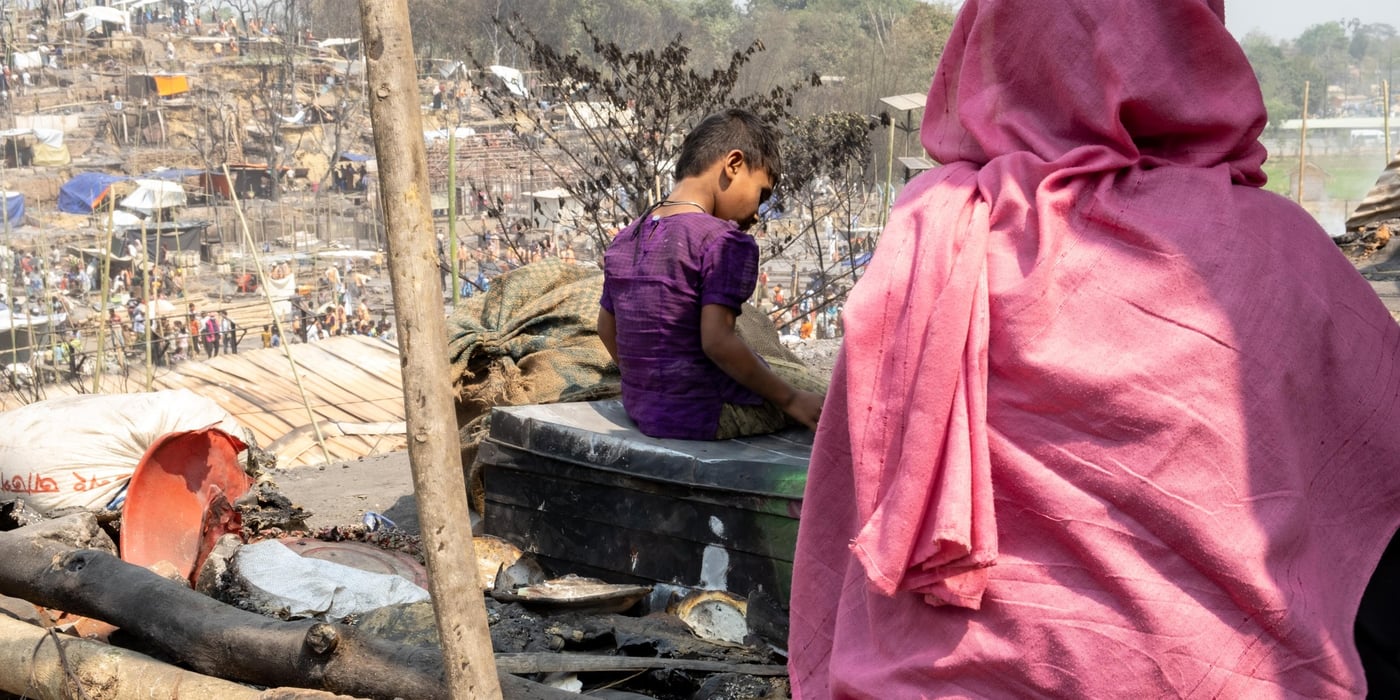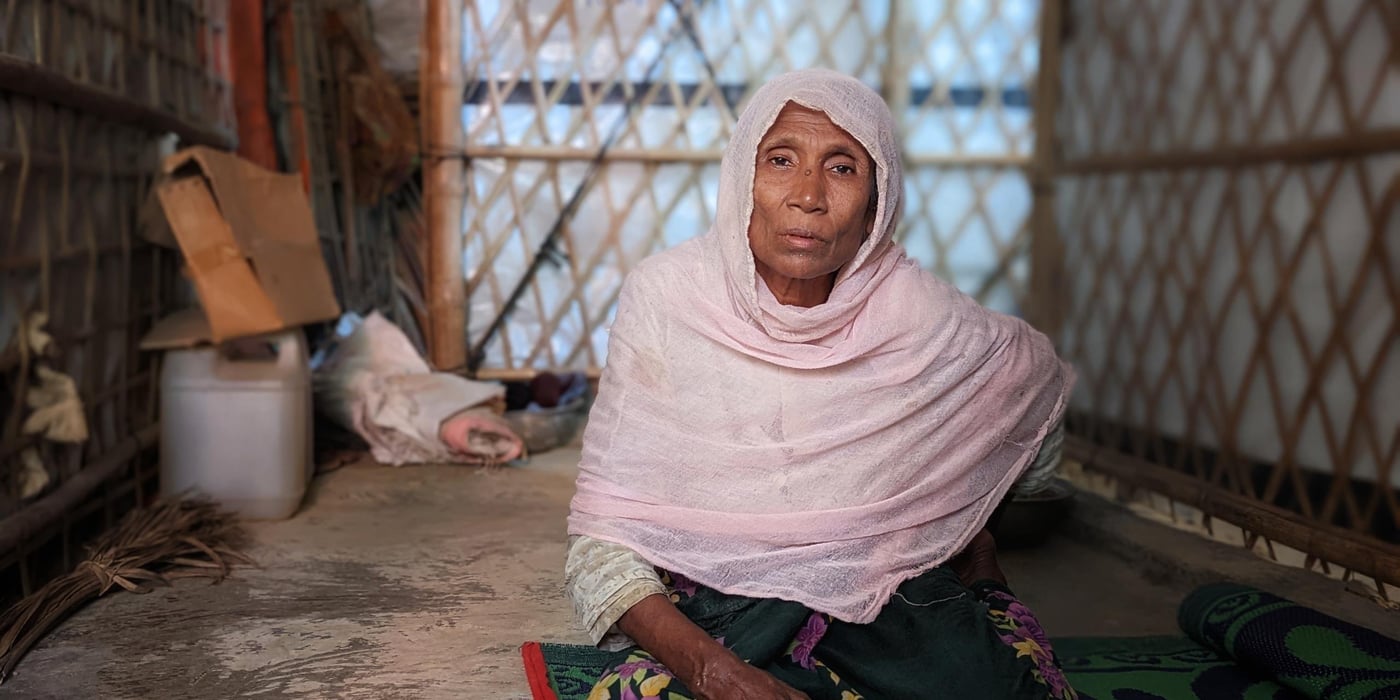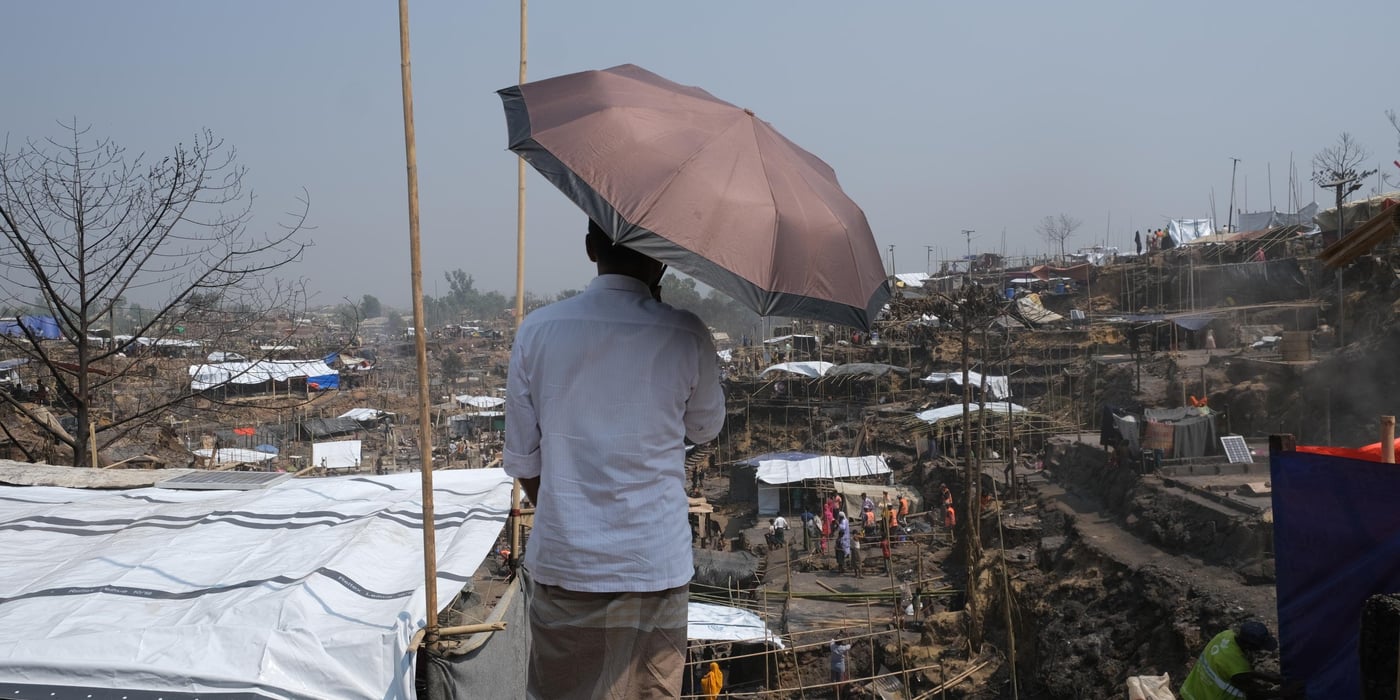“Almost 80 per cent of Sylhet is underwater, schools are indefinitely shut, and hundreds of thousands have been forced to leave their homes in search of dry land. The region is suffering from a double disaster, after the worst flooding in two decades was also seen here last month, making the risk of severe landslides even more present. Right now, the gap between humanitarian needs and available funds to assist is immense. We urge donors to react quickly and dig deep, in order to support communities who are unfairly bearing the brunt of the global climate crisis,” said Wendy McCance, Country Director of the Norwegian Refugee Council (NRC) in Bangladesh.
As of 20 June, the power grid has failed, the airport has been shut down, and the region has been effectively cut off from the rest of the country. At least 25 people have lost their lives, and hundreds of thousands remain at risk as the waters continue to rise.
“We are urgently in need of funds to respond to this crisis, so we can work with local partners and authorities to deliver immediate lifesaving assistance to communities in Sunamganj, Sylhet,” said McCance. “It is critical to trigger an early response, providing a combination of cash and in-kind assistance for immediate relief and to support early recovery after the waters recede.”
Bangladesh has been called “ground zero” for climate change, and according to the World Bank’s Groundswell report, one in seven Bangladeshis might be displaced by climate change by 2050. NRC has worked in Bangladesh since 2016, with operations concentrating on the Rohingya refugee response since the 2017 influx.
For more information or to arrange an interview, please contact:
- Imrul Islam, Advocacy Manager in Bangladesh: imrul.islam@nrc.no , +17164105891
- NRC global media team: media@nrc.no, +4790562329




